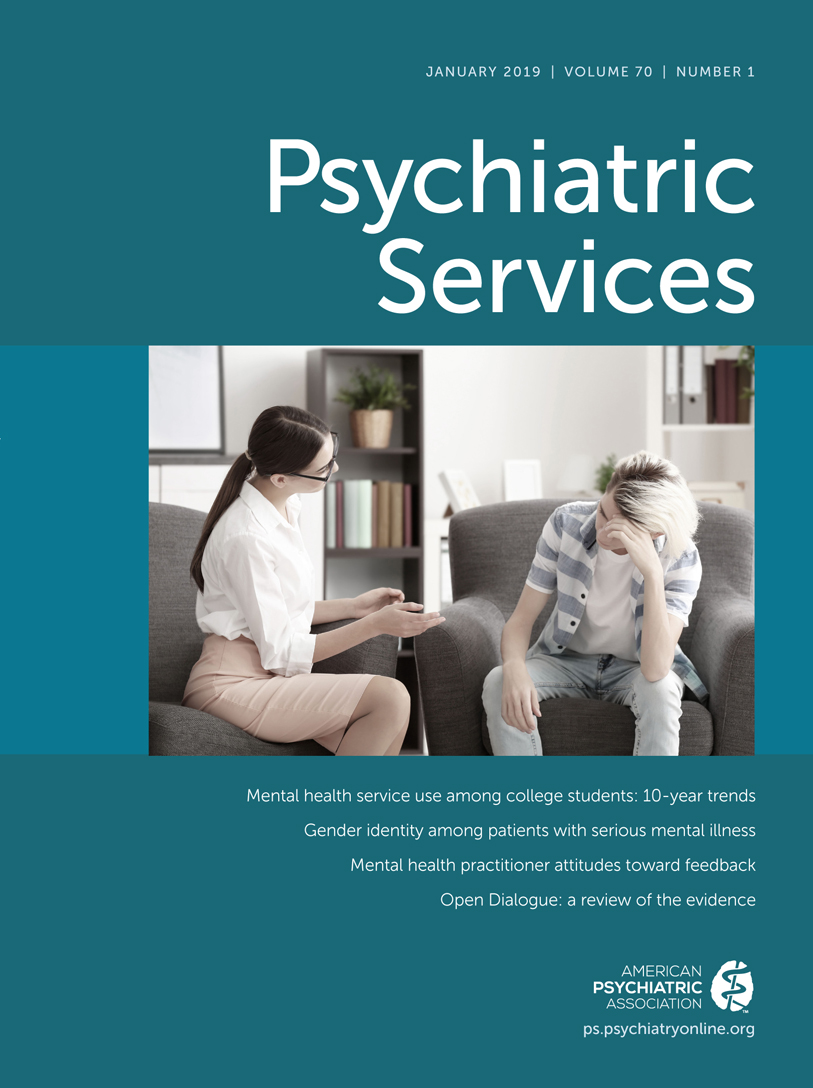Is More Rigorous Research on “Open Dialogue” a Priority?
Over the past 15 years, glowing reports of the effects of Open Dialogue, a radically different and new method for treating emergent psychotic symptoms of young people, have captured the hearts and minds of clinicians, researchers, service users, and family members. The appeal of Open Dialogue is understandable—many stakeholders who are involved in the treatment of first-episode psychosis have been frustrated by the slow, incremental progress of research on more traditional treatment approaches and are thrilled by the prospect of a wholly different approach that promises to fundamentally alter the long-term trajectory of schizophrenia by intensive preventive efforts mounted in response to the first crisis. Stemming from Western Lapland in Finland, the Open Dialogue approach seeks to reduce hierarchical boundaries between clinicians, clients, and family members that contribute to feelings of powerlessness, and it supports a more democratic, transparent, and flexible approach that respects the individual autonomy and perspectives of all social network members while being responsive to immediate needs for help. The ultimate laudable goal is to stimulate dialogue among the broad team that creates a new and shared understanding and empowers the individual and family members to become their own agents of change.
So what’s not to like about Open Dialogue? Nothing—unless efforts to implement the program in real-world settings fail to live up to the high expectations set by its developers. Now, with the publication of this issue of Psychiatric Services, we have the results of the first comprehensive review of research on Open Dialogue.
Unfortunately, the results of this review are underwhelming. Of the six quantitative studies included in the review, four studies (three open trials; one study with a nonrandomly assigned control group) were conducted by the developers of Open Dialogue, who also provided ratings of study participants. The other two studies were open trials; one examined changes in only one outcome variable (suicidal ideation), and the other examined a range of outcomes among 16 participants over a one-year period.
In addition, six different qualitative study teams examined service users’ perspectives, whereas five study teams examined clinicians’ perspectives regarding participation in Open Dialogue. The primary focus of these qualitative studies was understanding the personal experiences of clients, clinicians, or family members or explicating the principles of Open Dialogue. These studies generally reported positive experiences with Open Dialogue for both service users and clinicians. However, neither the quantitative nor qualitative studies systematically evaluated the acceptability (beyond likability) and feasibility of implementing the Open Dialogue program. Furthermore, most of the studies conducted by investigators who did not develop the Open Dialogue model examined variations of the program that were “informed” by its principles, raising questions as to what was actually implemented.
Significant time, effort, and money are required to establish an evidence-based practice. The process usually begins with the standardization of an intervention, followed by efforts to demonstrate the feasibility of implementing it (e.g., willingness to participate, retention in treatment, and fidelity of clinicians to program) and its promise for improving important outcomes. It is also important to show that highly novel interventions such as Open Dialogue can be provided competently by clinicians not involved in the development of the program and that they can achieve effects similar to trial outcomes. Doing so avoids undue influence by a “wunderkind” therapist effect and helps to ensure the reproducibility of the approach.
The currently available research on Open Dialogue has not convincingly demonstrated the feasibility of implementing the program, nor is there strong evidence suggesting that it has substantial promise for improving the outcomes of psychosis, other than findings reported by its developers. Most research reviews conclude that more research on a topic is needed, but there are limited resources available for research, and there are opportunity costs associated with investing in research on one topic rather than another. The present data on Open Dialogue are insufficient to warrant calls for further research on the program other than those projects that are currently under way.



